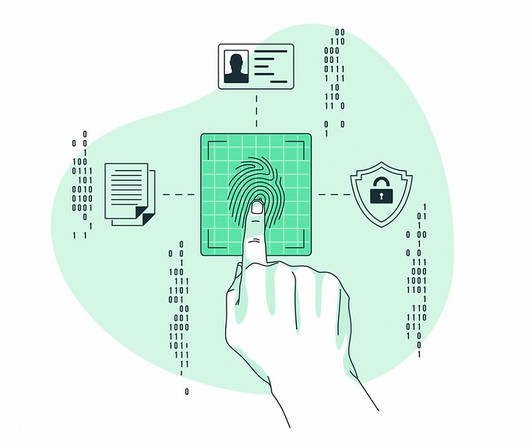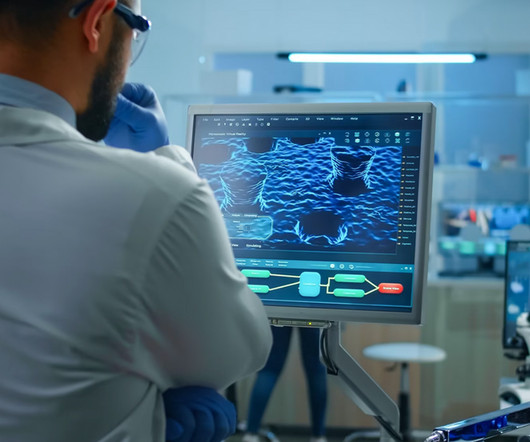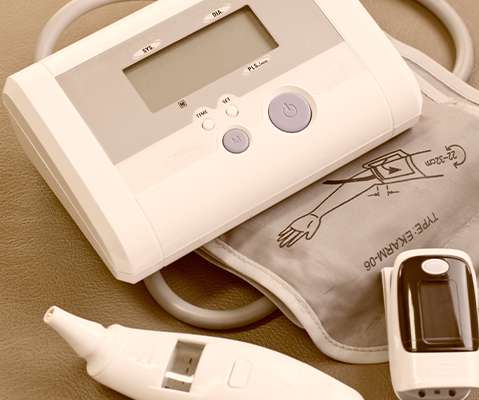Self-sovereign identity (SSI) - the future of Health Data?
Lloyd Price
FEBRUARY 2, 2024
Exec Summary: Self-sovereign identity (SSI) holds immense potential to revolutionize the future of health data, empowering individuals to take control of their information and fostering a more secure, transparent, and patient-centric healthcare ecosystem. This facilitates better care coordination and research opportunities.
















Let's personalize your content